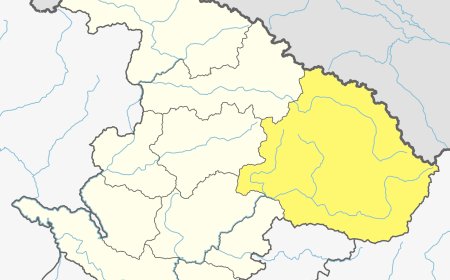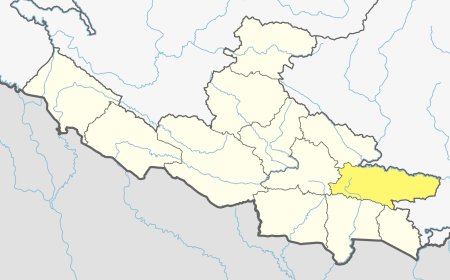Understanding the Education System of Nepal - Primary, Secondary, Tertiary and Vocational/Technical Education
Discover the education system of Nepal, including primary, secondary, tertiary, vocational and technical education. Get a comprehensive understanding of the education opportunities in this country.
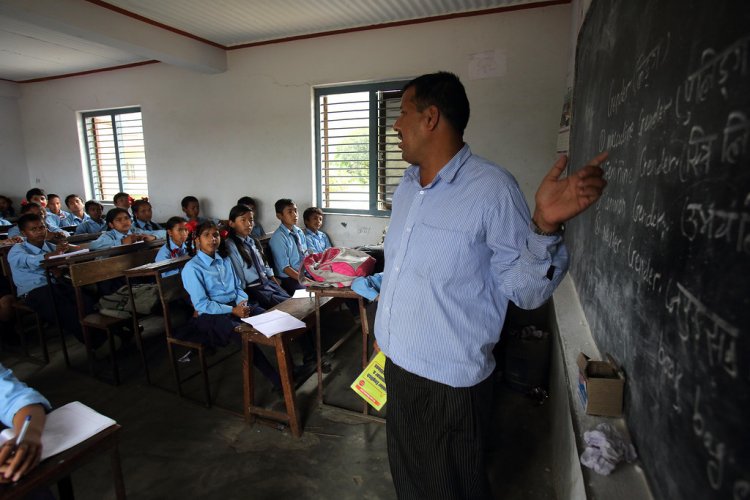
The "education system" refers to the group of institutions that aim to educate children and young people in educational fields. Before Nepal was known as a "democracy country," there was no access to formal education for the general public. Durbar High School, founded in 1853 by Jung Bahadur Rana, was Nepal's first formal school. When comparing Nepal's education system at the turn of the twentieth century to the twenty-first century, we can see that it has made significant strides on its own. Till 2016, there were 35,222 public and private schools and more than 1,400 colleges all over Nepal. According to data, the literacy rate of Nepal is 67.91% as of 2018, an 8.28% increase from 2011. All the educational activities are regulated by the Ministry of Education in Nepal, which is headed by the Secretary of Education and consists of a central national office and other offices at the regional and district levels. Nepal's education system includes primary school through university.
Education level of Nepal:
Primary level:
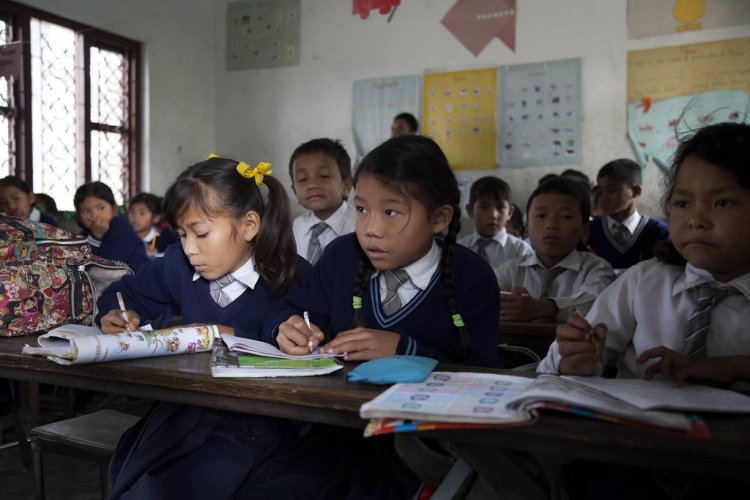
The primary level of education is the first formal level of education, and the basic level of education comes after preschool, which forms the bedrock of development. Primary education normally starts between the ages of 5 and 8. The primary level of education includes classes from grades 1–5.
Upper primary level:
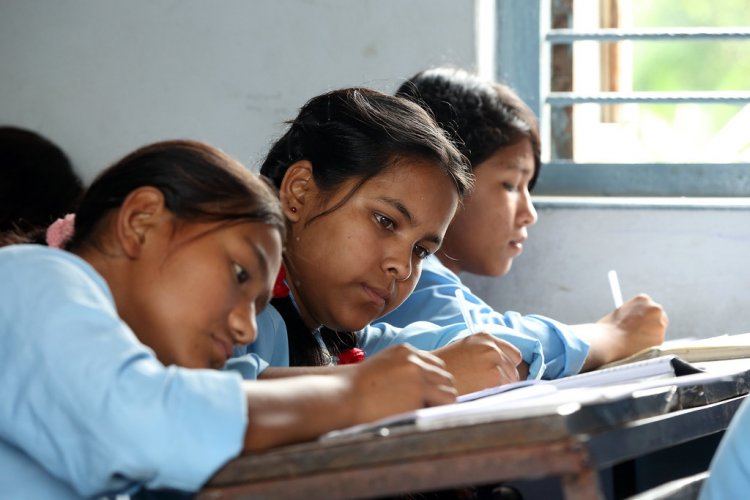
Upper primary education consists of classes from grades 6–8. A basic level examination (BLE) is given in grade eight.
Secondary level:
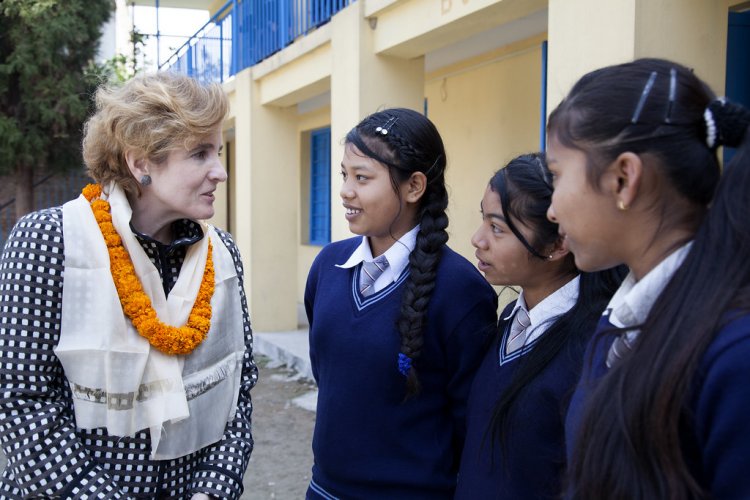
The Secondary Education Exam (SEE), also known as the School Leaving Certificate (SLC), is conducted in grade 10. This includes classes 9 and 10 and follows a common academic curriculum leading to a school leaving certificate.
Higher secondary :
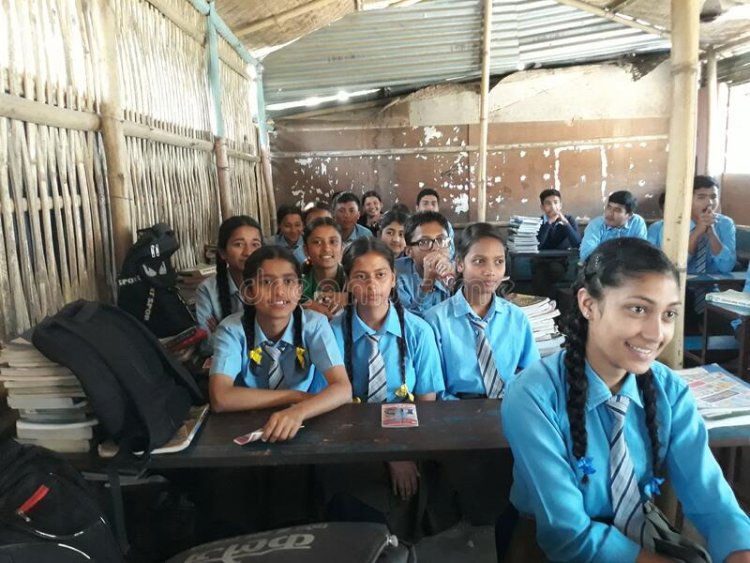
Since 1982, Nepal has had a higher secondary school education system. Students in grades 11 and 12 are included in this level of education. You have the right to choose the subject in which you excel and are interested.
University level:
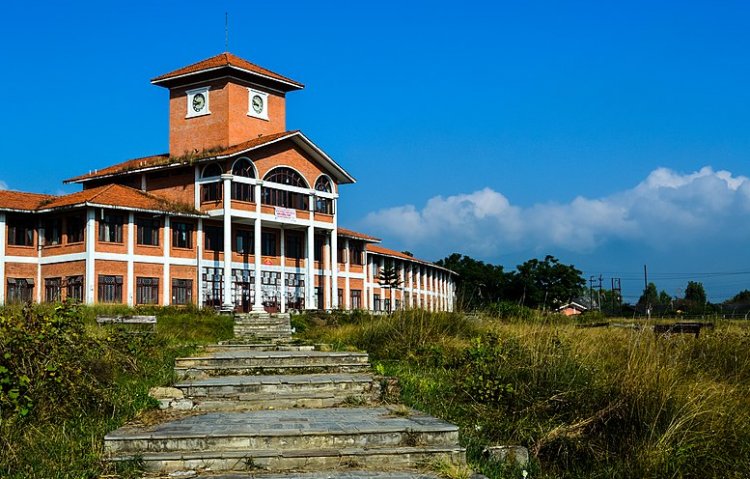
University education leads successfully to the degrees of bachelor, master, and Ph.D. Nepalese universities provide a standard level of education and can cater to students at an international standard. There are 16 universities in Nepal, among which Tribhuvan University is ranked as the world's largest university with the highest number of students (460632).
The merits of education are many in today's world. A person with a higher rate of degree completion and level of education is more respected in society and is more forward in all aspects of life.
Some of the improvements that occur due to education in Nepali society are:
Women empowerment:
Education provides everyone with a sense of empowerment. A well-educated woman has better decision-making skills and is more likely to make her own choices. As a woman is considered a strong pillar in a house, if she is educated, then the whole family will be educated by themselves. Education empowers women to achieve their goals and careers. And it also empowers women with the knowledge, skills, and values they need to build to make their world better.
Poverty reduction:
Lack of proper education is regarded as a major root cause of poverty. If the person is educated, he or she is more likely to get a job. As education opens the door to jobs, resources, and skills that help people not only survive but also thrive, a well-educated person has a higher income and more opportunities in their life.
Healthier lifestyle:
People with a higher level of education have a one-third lower risk of heart disease, according to numerous research studies, because they are aware that smoking is harmful to them and avoid it, and they exercise on a regular basis, which also helps them get fit.
Pursuing passion:
When a person becomes passionate about something, they want to immerse themselves in that topic. And education provides the space to do so. Education provides people with the confidence to go out into the world and make something of themselves.
Employment opportunity:
A well-educated person gains knowledge, skills, and experience that will benefit them in both their professional and personal lives. No one is going to put an uneducated person to work in the company. Education is something that no one can ever take away from you, which is why if you are educated, you don’t have to go to sleep without having eaten in any part of the world.
Economic growth:
When the overall country is educated, productivity increases, per capita income increases, and unemployment decreases, which leads to economic growth. People with higher educational attainment have a higher participation rate and are in the workforce for a longer period of time.
Reduces gender-based discrimination:
Gender discrimination only occurs if there are illiterate and uneducated people in society because educated people always support gender equality and make efforts to stop and prevent gender-based violence. That’s why education is important to avoid such discrimination.
Even though education causes many changes in Nepalese people, our education system is not good; it is only adequate. Our country's education is mostly focused on theoretical knowledge; they only go for book knowledge, and nothing practical is done. That’s why many children are not able to focus on their studies, and their families and teachers will be continuously forcing them to study harder because of that. Many children are also suffering from depression and anxiety nowadays. There is no use of knowledge if we can't use it practically. Students who only have theoretical and book knowledge are unable to apply their studies in their daily lives, making poor decisions and becoming frustrated. There are lots of things that need to be taught in school that will be useful for children in their future and in their life, and education should prepare us for the real world.
Even though Nepal's education system is improving by the day, there is a necessity for proper guidance and interference in the way schools teach. As the system is unstable, there should be proper leaders for the fix and tight policies for education enhancements. Instead of the same old, theoretical study, schools should implement novel teaching techniques. Different campaigns and programs should be launched weekly or monthly to discuss the major problems being faced by students and the best solutions for them. Students should be engaged in more creative activities and given fewer burdens from teachers, what with assignments and all. In this way, the education system of Nepal will take on a new face in the future if proper plans and regulations are executed.
What's Your Reaction?


























































































